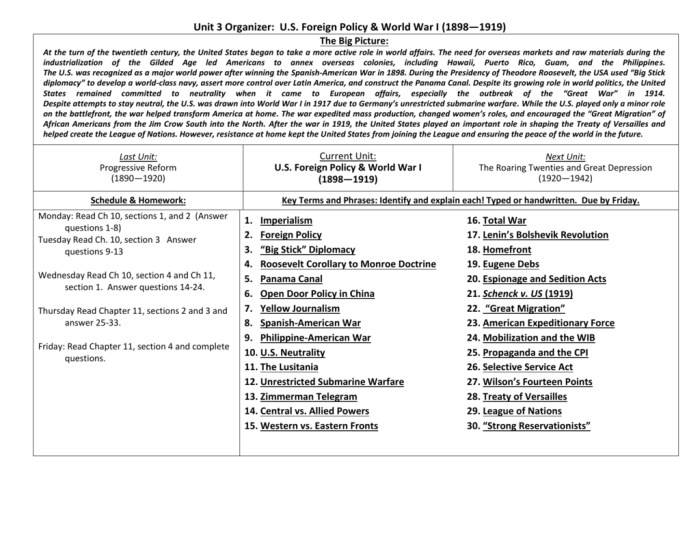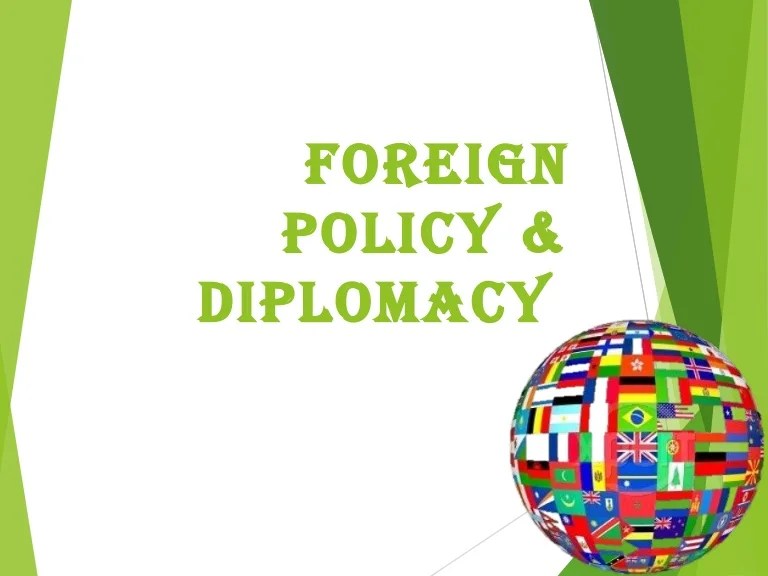The iCivics Foreign Policy and Diplomacy Answer Key unlocks the intricate world of international relations, providing a comprehensive guide to the fundamental principles, practices, and challenges of foreign policy and diplomacy. This answer key delves into the complexities of statecraft, shedding light on the strategies and negotiations that shape the global stage.
Throughout this exploration, we will examine the core concepts of foreign policy, analyze the multifaceted role of the United States in the international arena, and explore the evolving landscape of diplomacy in a globalized world. By delving into real-world examples and case studies, this answer key illuminates the practical applications of foreign policy and diplomacy, equipping readers with a deeper understanding of the intricate dynamics that govern international relations.
Foreign Policy Concepts and Principles: Icivics Foreign Policy And Diplomacy Answer Key
Foreign policy refers to the strategies and actions adopted by a nation to interact with other countries. It encompasses a wide range of activities, including diplomacy, economic engagement, and military intervention. The basic principles of foreign policy include:
- National interest: Foreign policy should be guided by the best interests of the nation, taking into account its economic, political, and security needs.
- Sovereignty: Nations have the right to govern themselves without external interference.
- International cooperation: Nations should work together to address global challenges and promote peace and stability.
Foreign policy is conducted through various means, including:
- Diplomacy: Negotiations and discussions between representatives of different nations.
- Economic engagement: Trade, investment, and financial assistance.
- Military intervention: The use of armed forces to protect national interests or achieve foreign policy goals.
Diplomacy plays a crucial role in foreign policy by providing a peaceful and structured mechanism for nations to resolve conflicts, build relationships, and cooperate on common interests.
U.S. Foreign Policy in the 21st Century

The United States faces a complex and evolving set of challenges in the 21st century. These include:
- Terrorism and extremism: The rise of terrorist organizations and the spread of extremist ideologies pose a significant threat to global security.
- Economic instability: The global economy is facing challenges such as rising inequality, trade disputes, and climate change.
- Cybersecurity: The increasing reliance on technology has created new vulnerabilities to cyberattacks and espionage.
- Climate change: The effects of climate change, such as rising sea levels and extreme weather events, are becoming increasingly apparent.
The U.S. plays a significant role in the global economy as the world’s largest economy. It engages in trade and investment with countries around the world, and its currency, the U.S. dollar, is the global reserve currency.
The U.S. maintains complex relationships with other countries. It has close alliances with some nations, such as the United Kingdom and Canada, while it has more adversarial relationships with others, such as China and Russia.
Diplomacy in Action

Diplomacy is a vital tool for resolving conflicts and building relationships between nations. Some examples of successful diplomatic negotiations include:
- The Camp David Accords (1978): This agreement brokered by the U.S. led to a peace treaty between Israel and Egypt.
- The Iran nuclear deal (2015): This agreement negotiated by the U.S. and other world powers aimed to limit Iran’s nuclear program.
- The Paris Agreement (2015): This agreement on climate change was negotiated by nearly 200 countries and aims to reduce greenhouse gas emissions.
Diplomacy faces challenges in a globalized world, including:
- Increased interdependence: Nations are more interconnected than ever before, which can make it difficult to address global issues effectively.
- Nationalism and populism: The rise of nationalism and populism in some countries has led to a decrease in international cooperation.
- Technological advancements: The rapid pace of technological advancements has created new challenges for diplomacy, such as the spread of misinformation and the use of cyberattacks.
Technology can also play a positive role in diplomacy, such as by facilitating communication and providing new tools for negotiation.
The Future of Foreign Policy and Diplomacy

The future of foreign policy and diplomacy is uncertain, but some emerging trends include:
- Increased multilateralism: Nations are increasingly working together through international organizations and agreements to address global challenges.
- The rise of new powers: China and other emerging economies are playing a more significant role in global affairs.
- The impact of technology: Technology will continue to shape foreign policy and diplomacy, creating new opportunities and challenges.
Foreign policy and diplomacy will continue to be essential tools for nations to navigate the complex and interconnected world of the 21st century.
Answers to Common Questions
What are the key principles of foreign policy?
The key principles of foreign policy include national interest, security, economic prosperity, and the promotion of human rights and democracy.
How is foreign policy conducted?
Foreign policy is conducted through a variety of means, including diplomacy, negotiation, economic sanctions, and military intervention.
What is the role of diplomacy in foreign policy?
Diplomacy is the art of resolving conflicts and building relationships between nations through negotiation and dialogue.